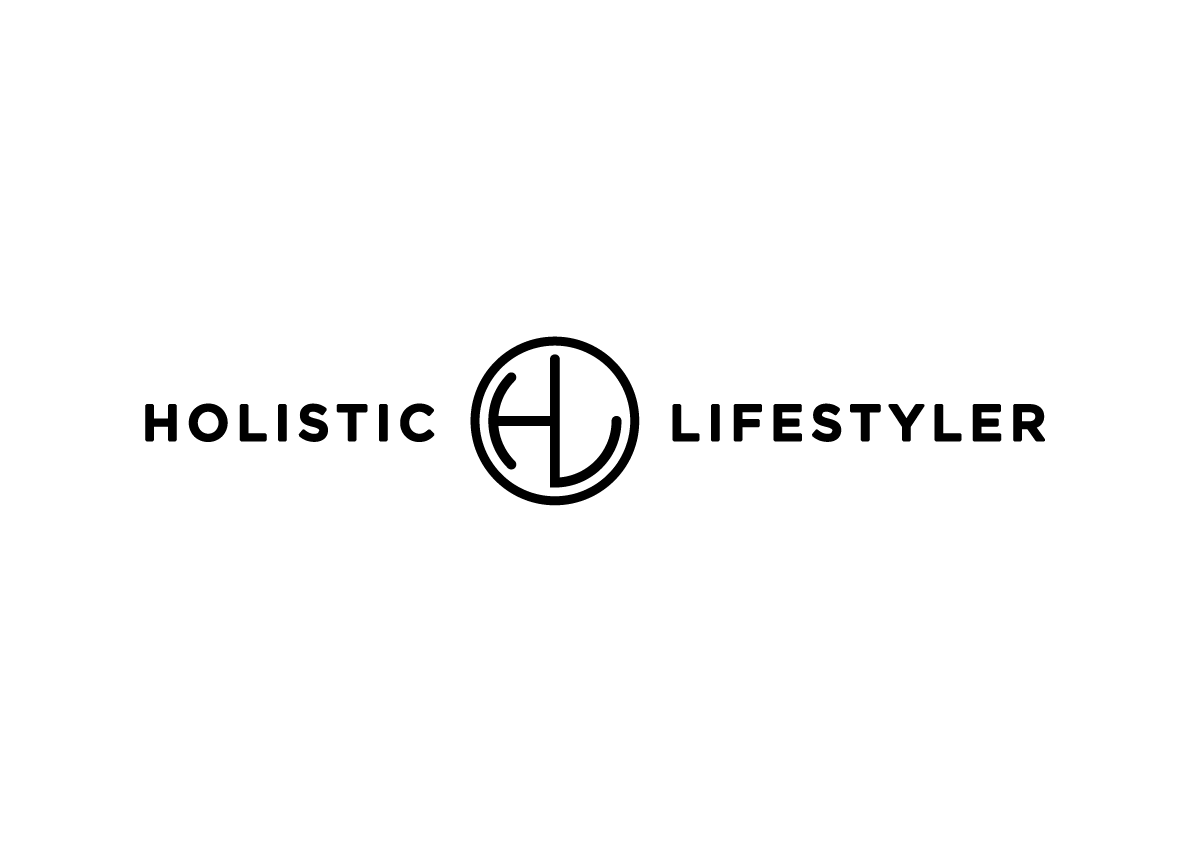Microbiome Labs Zenbiome™ COPE




Microbiome Labs Zenbiome™ COPE
Microbiome Labs Zenbiome™ COPE
Gut-Brain Axis Probiotic with B Vitamins & Saffron Extract
Zenbiome™ COPE is designed to help better handle life’s occasional stressors. Zenbiome™ COPE pairs the well-researched Gut-Brain-Axis psychobiotic 1714™ with other vital nutrients like B vitamins and herbal extracts to provide targeted support for coping with day-to-day, periodic stressors and mood changes.
Zenbiome™ COPE may help the following:
Supports healthy mood
Promotes better occasional stress coping
Supports brain function
Enhances vitality
Stress: The Modern Epidemic
According to a recent report from the American Institute of Stress, a large subset of the population is experiencing occasional stress that impacts their lifestyle. One in 10 Americans seek intervention to manage stress-related issues, including to support occasional mood changes, occasional sleeplessness, and lack of energy.
The Gut-Brain Axis and the Psychobiome
The gut-brain axis, a bidirectional communication between gut microbiota and the central nervous system (CNS), may play a role in cognitive function, digestion, and mood. Studies show that 80-90% of the fibers in the vagus nerve are linked to the gut, providing a physical link through which the gut microbiota communicate with the brain. Relatedly, the term psychobiome is used to describe the interaction between a person’s collective microbiome and their mental state. A diverse and balanced microbiome can help maintain the gut-brain axis. A psychobiotic is used to describe the commensal bacteria that play a role in the gut-brain axis and support brain health.
1714™: A Trail-blazing Psychobiotic
Microbiome Labs solution to supporting the psychobiome uses cutting-edge probiotic technology. 1714™, a unique strain of Bifidobacterium longum, is an up-and-coming psychobiotic that can help support the management of occasional stress and its biochemical expression within the human body. This psychobiotic exerts its effect by targeting the HPA axis to support healthy cortisol levels. 1714™ may support mental health, cognitive process, neurotransmitters, and overall feeling of well-being. In a 4-week human trial, 1714™ reduced perceived stress, improved memory performance, reduced mental fatigue, positively supported brainwave activity, and improved ability to handle occasional stress.
Zenbiome Cope Key Ingredients
BIFIDOBACTERIUM LONGUM (1714™):
A high potency psychobiotic, 1714™ helps support the body’s response to occasional stress and maintains the body’s cognitive function. This strain helps support HPA axis function and helps maintain cortisol levels already within a normal range. In studies, it also helped support memory function.
VITAMIN B6 (PYRIDOXINE)
Vitamin B6 is a quintessential B vitamin for supporting healthy transmitter signaling. Vitamin B6 is a cofactor required to convert glutamate to GABA—a natural mood support. B6 is also a cofactor in converting 5-HTP to serotonin, which supports happiness and mood.
VITAMIN B12 (HYDROXOCOBALAMIN)
Vitamin B12 can support serotonin synthesis, which can help maintain calm moods and positive coping mechanisms. B12 supplementation can help maintain homocysteine levels already within a normal range, which is associated with supporting cognitive health.
SAFFRON EXTRACT
Saffron extract can help support central nervous function and mood
Dosing Instructions
Ages 8+: Take 1-2 capsules with or without a meal, or as directed by your healthcare practitioner.
If taking medication, pregnant, or breastfeeding please consult a licensed healthcare provider before taking this supplement. Vitamin supplements should not replace a balanced diet. Always read the label. Use as directed. If symptoms persist, talk to your health professional.
*These statements have not been evaluated by the Food & Drug Administration or TGA. These products are not intended to diagnose, treat, cure or prevent any disease. The information contained herein is for informational purposes only and does not establish a doctor-patient relationship.
